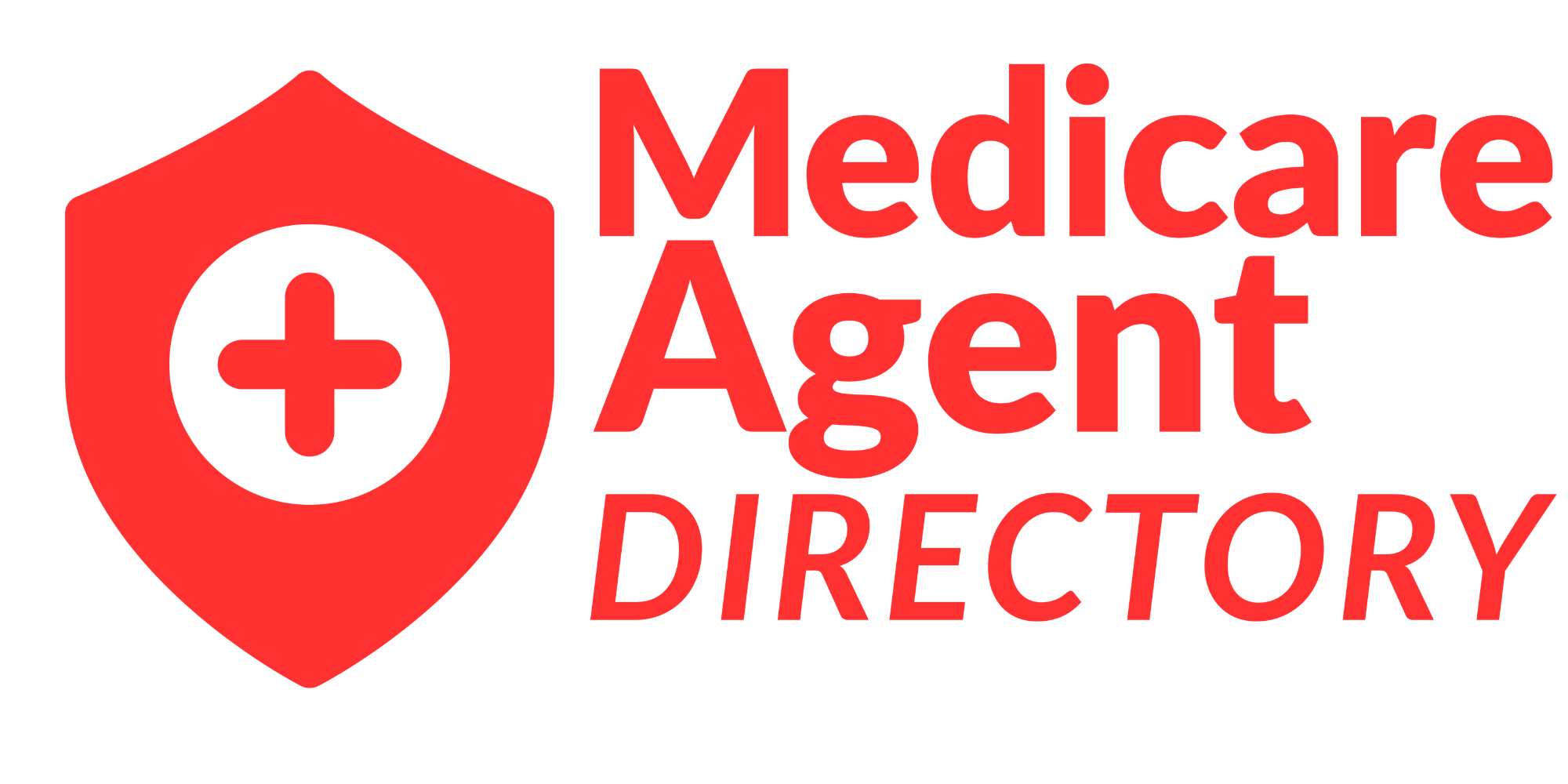Unfortunately, seniors are common targets for scams—especially during Medicare enrollment season. Fraudsters know this is a stressful and confusing time, and they take advantage of it. Protecting your personal information and staying alert is just as important as choosing the right plan.
Common Medicare Scams
Fake Medicare calls: Scammers pretend to be from Medicare and ask for your Medicare number or Social Security number. Medicare will never call you for this information.
Free equipment offers: Fraudsters may offer “free” back braces, wheelchairs, or diabetic supplies in exchange for your Medicare number. This is almost always a scam.
High-pressure tactics: If someone insists you “must sign today” or threatens that you’ll lose coverage, it’s a red flag.
Fake websites: Be cautious of websites that look official but are designed to collect your personal details.
How to Stay Safe
Never give your Medicare number over the phone unless you initiated the call with a verified agent.
Work only with licensed agents who can show you their credentials.
Use trusted resources like the Medicare Agent Directory to find professionals.
If in doubt, call Medicare directly at 1-800-MEDICARE.
Why This Matters
Falling victim to a scam can cost you money, damage your credit, or even result in false claims against your Medicare account. Staying informed and cautious helps protect both your identity and your healthcare.
